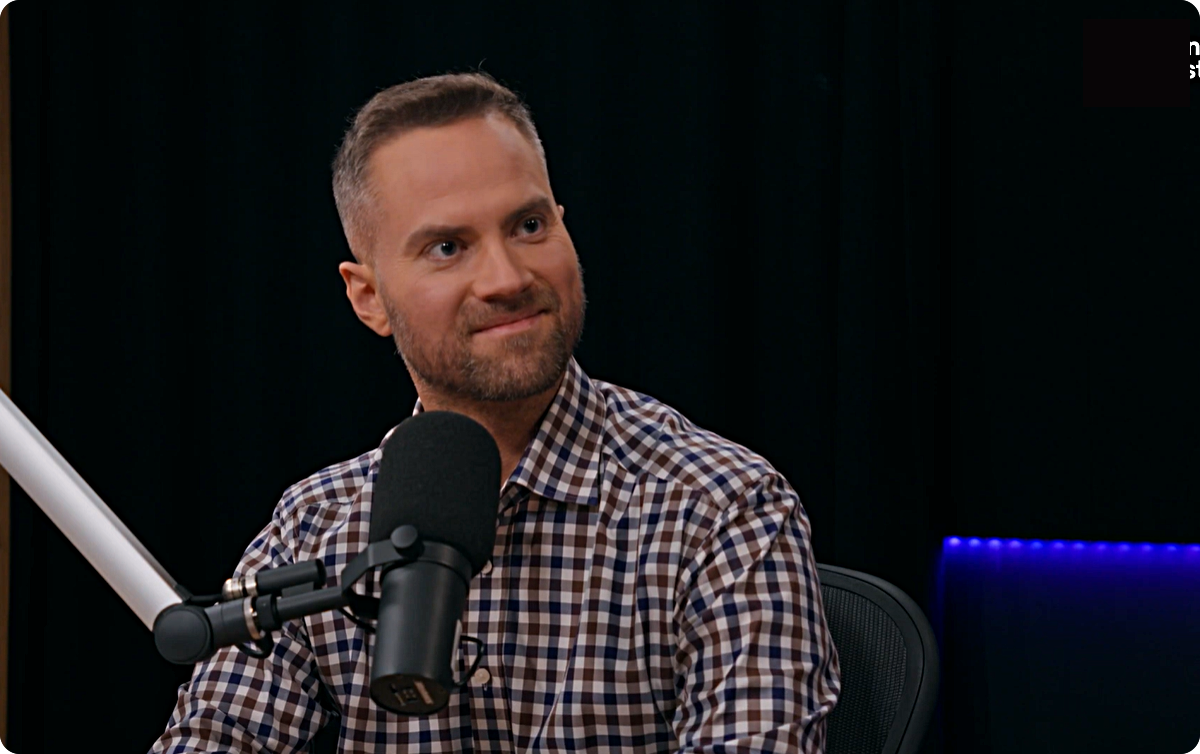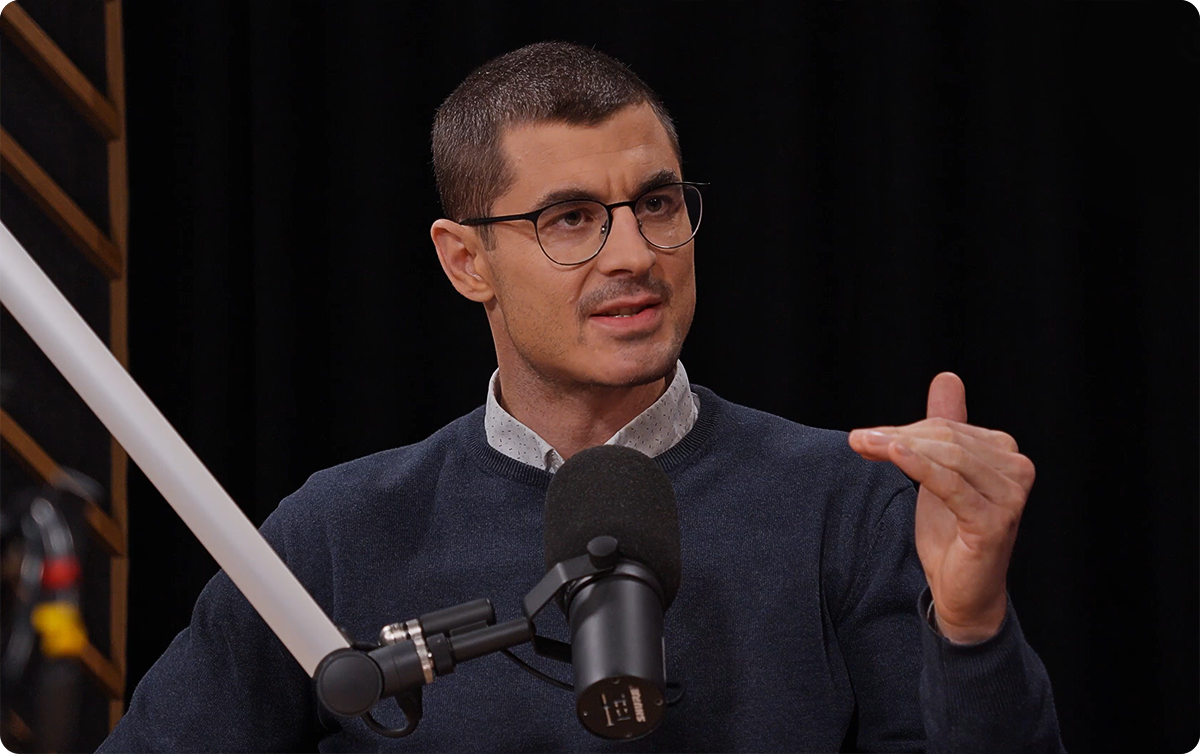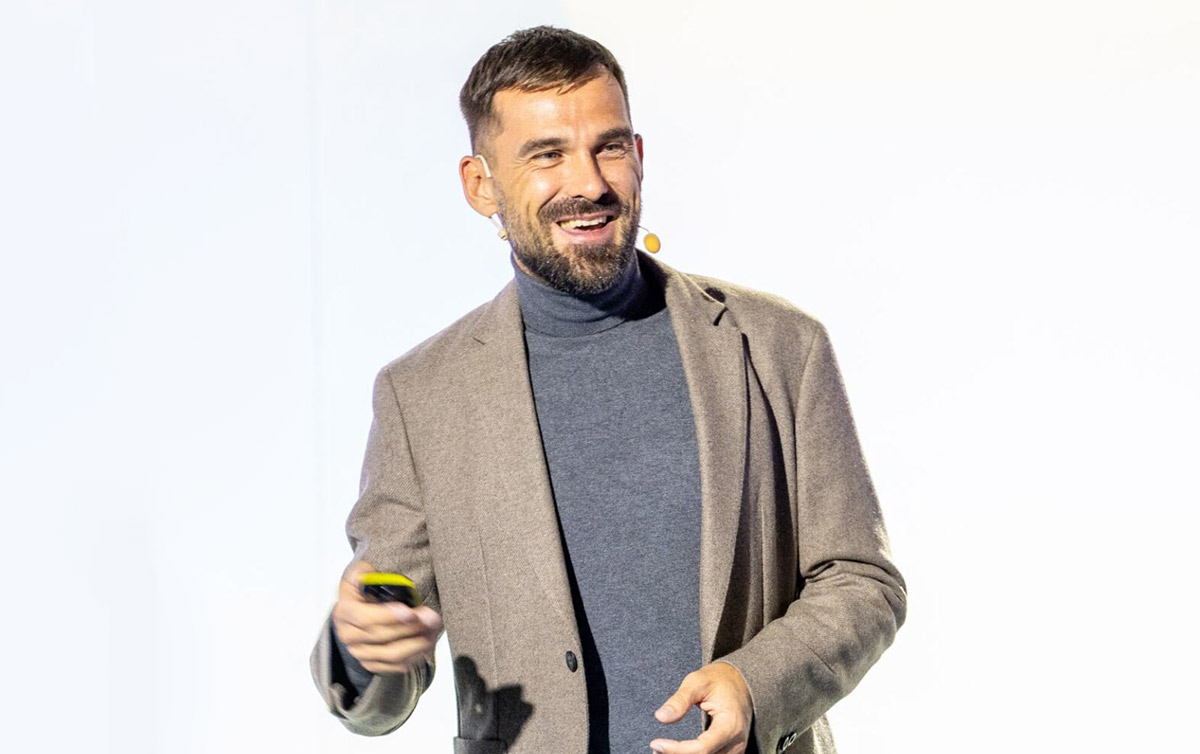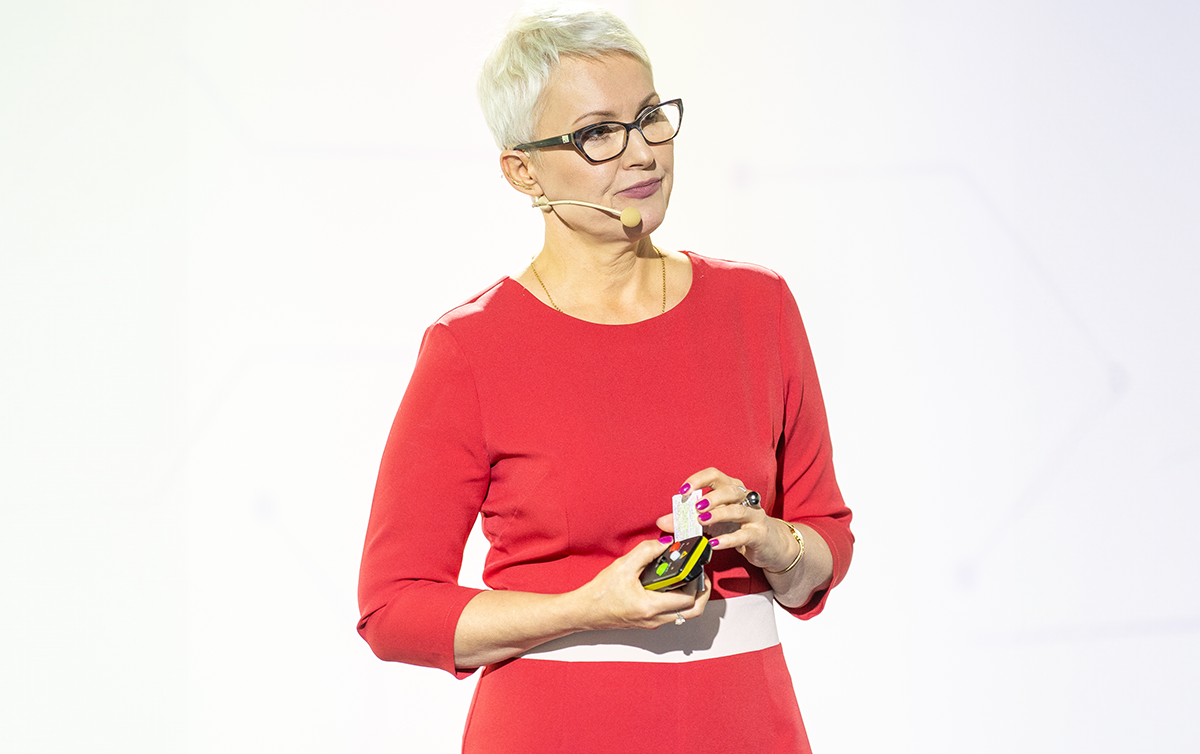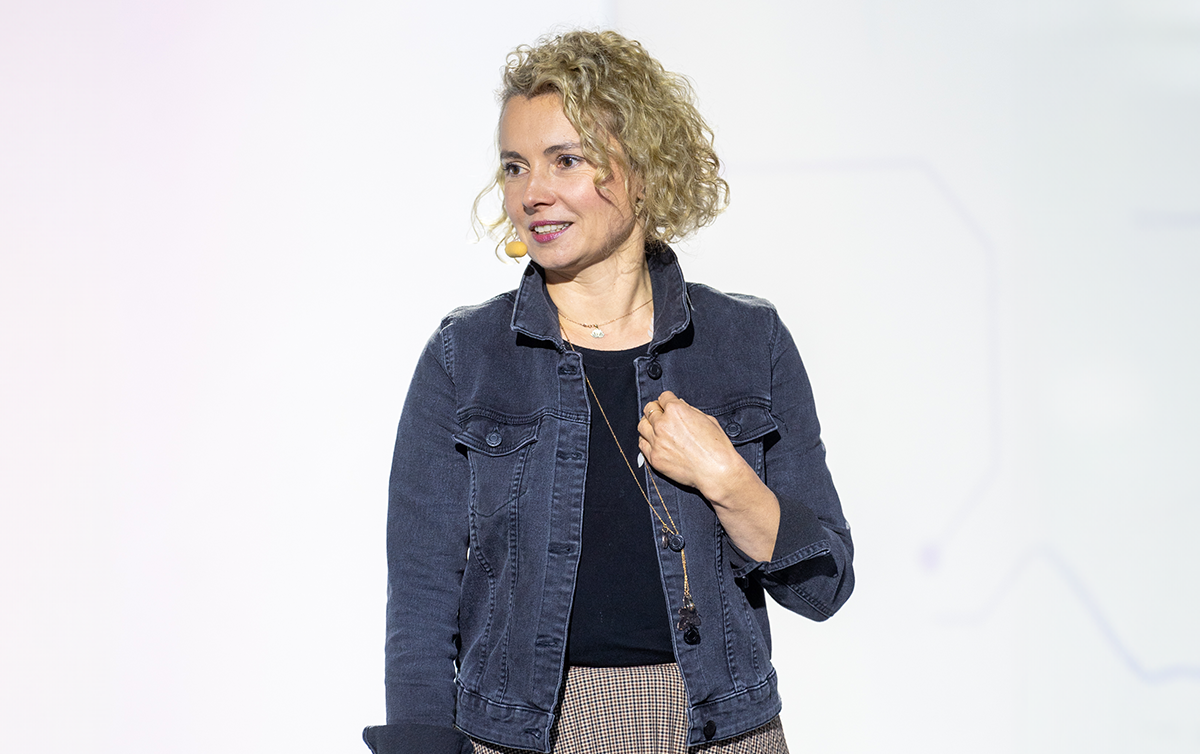Micro habits allow you to take care of brain hygiene and increase the quality of your personal and professional life. Micro habits do not require significant effort and time, which make them a good option even in today’s dynamic world. Find out in which areas they are worth implementing.
Why does the brain need micro habits?
Every day of personal and professional life costs your brain a lot of energy. It is therefore crucial to take care of its hygiene. Brainbeing is about taking into account the brain’s needs in daily life, facilitated by the implementation of micro habits. These are small activities added to daily routines to support brain function.
In practice, micro habits involve taking action in a small, selected area of reality. Such regular step-by-step activities make it possible to achieve bigger goals. An essential prerequisite for introducing micro habits is the development of self-awareness about the brain’s potential and its function.
Micro habits in everyday life
The idea of micro habits was explained at the “Wellbeing Summit” by Ewa Hartman, PhD. “A micro habit involves adding a small brain-supporting behaviour to what we already do anyway (...). If I know what purpose I’m doing it for, such as doing it to feel better, I can drink water before my morning coffee – and I will do just that for the health of my brain,” she pointed out.
Hartman stressed that brains are so-called predictive machines. “This means that they predict each time whether the energy expenditure will pay off. If such an expenditure is profitable, there is a dopamine release and we can repeat the activity. However, if it doesn’t pay off, we often have a cortisol surge (...) and don’t repeat the activity,” she said.
Micro habits do not require significant effort and time. Therefore, they can be successfully implemented even in today’s dynamic world. This is all the easier because the energy expenditure on micro habits is not large. As a result, the brain doesn’t expect an immediate reward for its effort, making micro habits a potentially repetitive activity.
Micro habits – how to support brain function?
Hartman stressed that even small changes have beneficial effects on brain function and our quality of life. Therefore, it makes sense to implement micro habits in the following areas:
Nutrition – include healthy products in your diet, such as those containing omega-3 or omega-6 fatty acids (nuts, avocados) or psychobiotic bacteria (pickles).
Hydrate the body – consume water on a regular basis; it is needed for metabolic processes that provide brain cells with the nutrients they need to function properly.
Physical activity –remember to move more whenever you have the opportunity, such as doing simple exercises during breaks, which will better oxygenate your brain.
Education – divide knowledge into smaller, more easily digestible chunks, according to the concept of microlearning, instead of absorbing extensive, complicated portions of it in a short period of time.
Rest and recovery – a few times during the day, consciously close your eyes and take a few deep breaths in and out to give your brain “micro-rest”.
Simplification and appreciation
Simplification – with respect to the immediate space and to repetitive activities – is also worth applying. In the first case, simplification involves getting rid of objects that unnecessarily engage the brain’s attention. In the second – it means facilitating the start of regular activities; for example, those who do morning jogging should prepare sports outfits already in the evening, which will make it easier to do the activity in the morning.
According to Ewa Hartman, the best micro habit is a cold shower that lasts about a minute. “The effects are much better than all the coffees combined. Because with a shower like this you have a lot of energy and very low stress levels,” she noted.
And what micro habits can be implemented in the workplace, such as in the relationship between the manager and their team? “It could be, for example, appreciating small gestures (...). It’s about praising people for what they do well – and about micromanaging because it doesn’t require us to sacrifice. Whenever you see someone doing something right, just tell them,” Hartman stressed.



